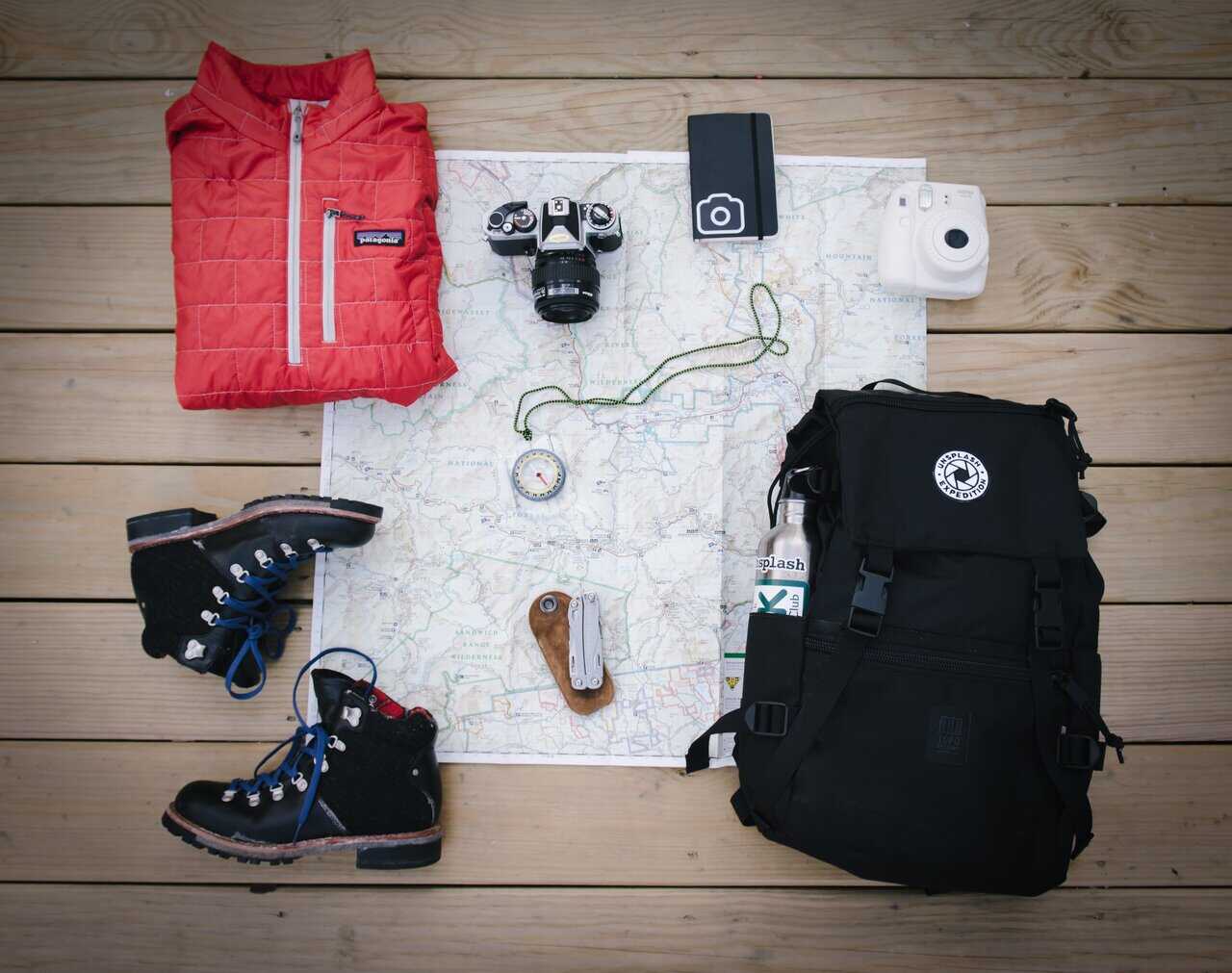Let's talk about tourism

According to a 2018 study published in the journal Nature Climate Change, in 2013 tourism accounted for 8% of global greenhouse gas emissions (taking into account transport, accommodation, food and purchases). As this sector is booming, its emissions are rising faster and faster.
It also has a strong impact on biodiversity and water use: over-frequentation of natural areas, increased water consumption, inefficient or undersized water treatment systems, ever growing infrastructure needs…
The most efficient ways of reducing the negative impact of tourism seem to be the following: travel less frequently, staying closer to home but going for longer, to reduce the overall number of tourists and the number of planes flying.
Some ideas for alternative travel:
- Try slow tourism: travelling less often but for longer. At its heart, slow tourism is the connection between slow travel and tourism, and between sustainability and tourism. It’s about taking time to get to places and taking the time to explore those places.
- Pick nearby destinations and use more eco-friendly methods to get there (train, bike, sailing ship, …).
According to WWF, a return flight from Zurich to New Zealand generates 9 tonnes of CO2 per person. In Switzerland, the average person will take 8 months to generate the same amount.
- Boycott cruise ships. One ship produces as much pollution as a city. Besides exhaust fume pollution and carbon dioxide, the industry discards trash, plastic, fuel and sewage directly into the ocean.
- Stay local (explore your own backyard), and think differently: go walking, cycling, donkey trekking, have a family tour. Try something exotic like sleeping in a hut, a caravan or a yurt.
- Use the fairtrip app to plan your trip. Fairtrip is dedicated to sustainable tourism.
While traveling:
- Don’t take the hotel at face value. It’s common for accommodation to falsely advertise their stance on sustainability. Get to know their sustainability initiatives and code of conduct. Do they employ local staff? Do they recycle? Do they use a lot of electricity? Ask a lot of questions, look for red flags and think outside the box.
- Leave the Do Not Disturb sign up on your door. This cuts down on water, electricity and chemicals.
- Try to avoid using a hotel laundry service (unless you know they do it in an eco-friendly manner. Hotels usually wash every guest’s clothing SEPARATELY).
- Do your research first, and plan carefully (Get to know where to eat local food, what times the market is open, where to wash your clothes,…).
- Stay local, rent an apartment, cook for yourself using local market products.
- Bring your reusable drink bottle, and use findtap (findtap.com) for a refilling friendly places.
- Don’t break your good habits: collect and recycle your waste, spare water, electricity, think about the 5Rs.
- Don’t let yourself be influenced by what others are doing: stay on the walkways, respect the wildlife, be polite to locals.
- Buy locally-made products. It supports the community and contributes your money to a worthy cause. Buying locally-made items is also good for the environment (as imported products have a larger carbon footprint!).
- Sharing photos, stories, and your experience can be more meaningful than a physical gift.
To go further:
- Find your own personal balance to achieve the ideal trip, which minimizes negative impacts and maximizes the positive effects of travel.
- When possible, offset your plane trip. Eg: myclimate.org
- Traveling by proxy can also be enjoyable: films, books, conferences, world cuisine, interaction with people from different cultures, etc…